Undergraduate Student Musculoskeletal Placements
Last Updated on June 22, 2022 by Baine Kolar
Provide Physiotherapy Service has now restarted offering undergraduate student Musculoskeletal placements following a lengthy break due to system and governance challenges which have now been overcome.
The service has recently supervised three different physiotherapy student placements across the three main sites of Maldon, Chelmsford and Braintree and will continue to provide a learning platform for students in the near future.
The St Peter’s physiotherapy team in Maldon recently welcomed Curtley Straughn to the department for a five week placement as part of his masters physiotherapy programme with the University of Essex.
With supervision from the outpatient physiotherapy staff in Maldon, Curtley has been assessing and treating a variety of musculoskeletal conditions whilst developing his knowledge and skills along the way.
“The Provide physiotherapy team have supported my learning journey one hundred per cent from day one. The educators have been fantastic and offer brilliant opportunities for student physiotherapists to learn and apply the skills learnt within university.
“It has been an absolute pleasure to learn from a first class and friendly team.” said Curtley.
The Physiotherapy Service takes great pleasure in supporting undergraduate students in gaining invaluable early experience working in clinical settings and will be continuing to provide Musculoskeletal placements in the future to help with the next generation of physiotherapists entering the profession.








Recent Comments